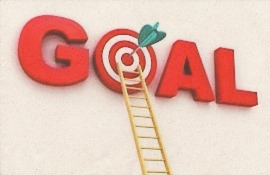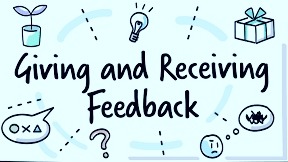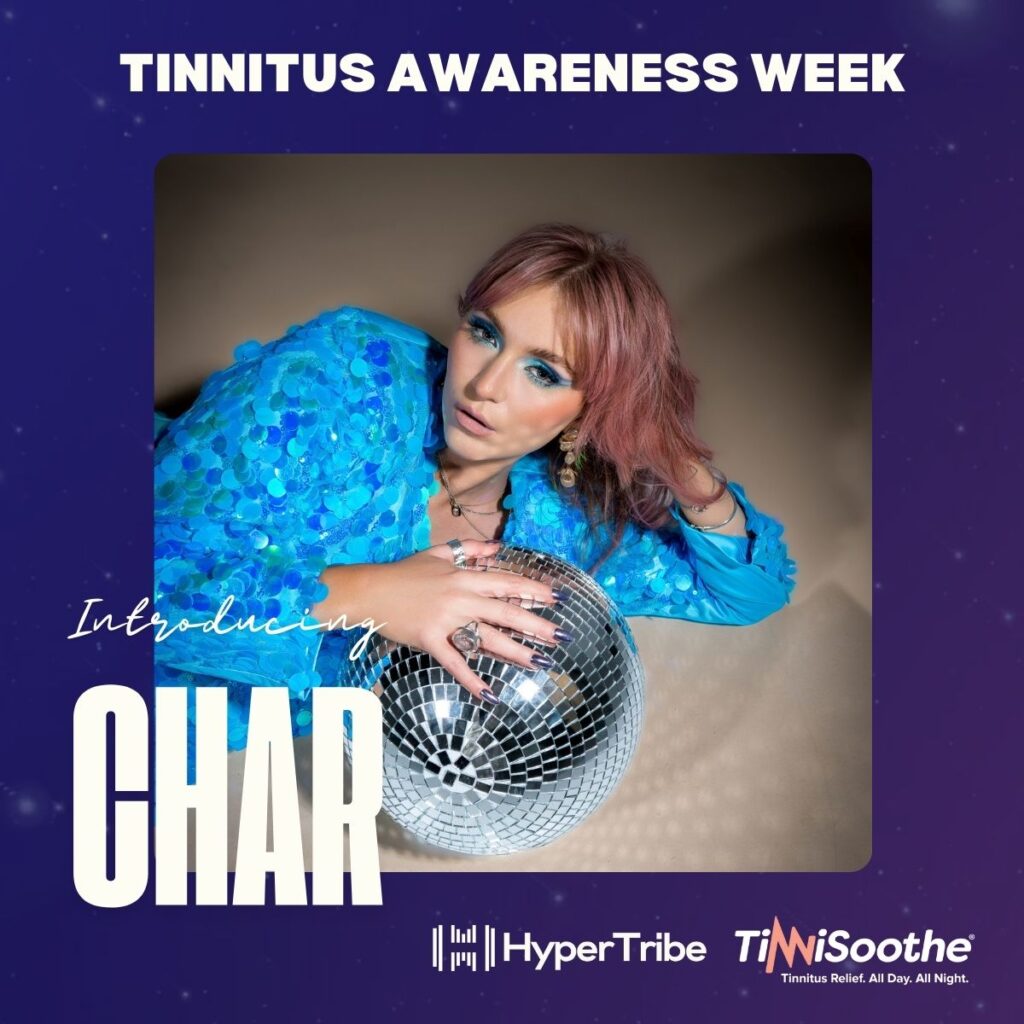Why Networking Events are Essential for Musicians
Building a Strong Professional Network
Networking events provide musicians great chances to interact with business leaders, work with other artists, and keep current with the most recent developments in the business. Attending these events can help you grow your network and create partnerships that could result in the next projects or job possibilities.
Furthermore, networking gatherings provide musicians with a stage on which to display their skills and collect money via gigs and performances. Making the most of these occasions depends on actively interacting with individuals, sharing contact details, and following up after the event.
Opportunities for Collaboration
Networking events provide artists with plenty of chances for group projects. The music business is mostly dependent on cooperation as it lets artists mix their skills and produce something original. Attending networking events allows you to meet other artists who are passionate about working together.
Jam sessions or open mic evenings abound at these events, allowing artists to highlight their abilities and maybe find partners. Networking events could also have panels or seminars on composing, producing, or performing, therefore offering chances for learning and the possibility to meet like-minded people.
Access to Industry Professionals
Networking events provide artists with great chances to interact with business people. Meeting and networking with experts such as record label executives, talent agents, and music producers may provide doors to possible partnerships, mentoring, and career paths. These experts in the music business have a great deal of knowledge and experience; talking with them will provide insightful analysis and direction. Furthermore, panel discussions or seminars include industry experts sharing their knowledge and debating present trends and issues in the music business abound at networking events.
Attending networking events helps artists remain current with the newest advances in the business. Through listening to business leaders and engaging in conversations, artists may better grasp today’s scene and spot new prospects. This information may let artists keep ahead of the competition, modify their approaches, investigate other genres or styles, and change their plans. Networking gatherings also provide musicians a stage to highlight their abilities and get comments from business leaders, enabling them to hone their art.
Staying Updated with Industry Trends
For artists in the hectic music business, staying current with the newest trends is vital. Staying current with industry trends helps you modify your marketing plans and songs to satisfy listeners’ evolving needs. It also keeps you competitive and relevant in an always-changing terrain. To stay updated, you can:
Choosing the Right Networking Events
Researching Event Relevance
Investigating event relevance requires paying particular attention to the topic and subject of the networking event. Is it aimed at artists? This will ensure you attend an event that fits your objectives and interests. Furthermore, consider the kind of people the event draws in. Are fellow musicians or industry professionals? This will define the degree of chances for networking.
One other element to take into account is the event’s standing. Has it had prior success? A well-known event with good comments is more likely to provide worthwhile networking chances. Finally, take the event’s size and layout into account. Is this a small, more private gathering or a major conference? This will affect your networking experience as well as your connection count.
Considering Event Size and Format
One should consider the size and style of the networking event they are selecting to attend. The scale of the event may affect the degree of networking chances and interaction possibilities. Bigger events with more people could provide more opportunities to meet various performers and business leaders. Smaller gatherings might give a more private environment where you may have important talks and strengthen closer relationships.
Crucially important is the structure of the event. Certain gatherings might have a program with planned activities, such as seminars or panel discussions. These kinds of gatherings may provide great opportunities for education and let you learn from professionals in your field. Other events could be more laid-back, like open mic evenings or networking mixers. These gatherings may be very beneficial for casual networking and talent exhibitions.
When deciding on the size and style of the event, evaluate your objectives and what you intend to get out of it. This will enable you to choose which kind of event will best suit your requirements and provide the most worthwhile networking opportunities.
Evaluating Event Attendees
Attending a networking event requires you to assess the other participants to maximize your time and energy. A distinguished title awarded to those who have made major industry achievements is Member of the Month. These people may provide insightful analysis and connections and are often well-loved. Note any Members of the Month attendance for the event and try to interact with them. They might have insightful information and expertise to provide that would advance your line of work.
Assessing Event Reputation
Examining the standing of a networking event requires considering a few main elements. Look first at the history of the event. Has it gone well historically? Has this event brought favorable experiences for other artists or business leaders? One great source of information is word-of-mouth referrals. Take also into account the event’s planners. Do they have an industry reputation and recognition? A credible planner can assist in guaranteeing a great event. Look last at the attendees who took part in past years. Are they established, powerful artists or business people? The presence of esteemed people might suggest the validity of the event and the possibility of interesting contacts.
Preparing for a Networking Event
Setting Clear Goals
Establishing defined objectives for oneself is quite vital when getting ready for a networking event. Defining your goals can help you to concentrate your work and maximise the chances presented. Think about the objectives of the event—expanding your network, locating possible partners, or learning about the newest business trends—that would most benefit you. Having certain objectives in mind will enable you to give your time and interactions at the event top priority.

Making a checklist or a table to keep yourself orderly can assist you in making sure you remain on target with your ambitions. This will help you monitor your development and guarantee that you do not overlook any significant contacts or chances. Having a well-defined strategy will help you approach the event with confidence and maximize your chances of success.
Recall that networking gatherings might be taxing; so, it’s crucial to keep concentrated and give your aims priority. Establishing well-defined objectives helps you to maximize your time and energy throughout the event.
Creating an Elevator Pitch
Developing an elevator pitch is crucial when getting ready for a networking event. This is a quick and interesting introduction covering your background as a musician and your offerings. It should be succinct, and interesting, and stay with the recipient.
Use these guidelines to craft a winning elevator pitch:
- List your special selling characteristics. Emphasize your unique qualities—strengths, abilities, and achievements—that distinguish you from others.
- Write an engaging narrative. Share your love of music and your path as a performer in a narrative.
- Match your pitch to the occasion. Tailor your elevator pitch to fit the particular networking event you are attending.
Recall that your elevator pitch offers your chance to create a lasting first impression. Get ready to modify it depending on the situation and the person you are speaking to; practice delivering it with confidence and energy.
Preparing Business Cards and Promotional Materials
Attending a networking event calls for you to be ready with business cards and promotional tools. These objects act as a physical manifestation of your brand and will enable you to leave a memorable impact on possible contacts. Business cards should provide your name, phone number, and a quick synopsis of your musical background or style. For simple access to more information, think about including a QR code connecting to your social network or website accounts.
Apart from business cards, you may choose to include additional advertising tools such as fliers, pamphlets, or sample CDs. These documents might give more specific details about your music, forthcoming work, or any unique offers you might have. Make sure your promotional tools grab the interest of eventgoers by being aesthetically pleasing and well-crafted.
Recall that these tools are meant to make a lasting impression and provide individuals with simple means of getting in touch with you after the event. Thus, be sure to include extra copies for interested people.
Researching Key Attendees
Researching the main participants before of a networking event is crucial. This will enable you to spot people in the music business who could be worthwhile contacts. Invest some time investigating their past, position in the business, and any noteworthy successes. This can let you approach them with certain questions or subjects of discussion that show your expertise and interest.
Think about setting up your study using a table with columns for every guest’s name, position, and noteworthy accomplishment. This will enable you to draw significant connections and readily consult the material throughout the event. Alternatively, you might make a bulleted list including salient features for every guest.
Recall that networking events are mostly about developing connections; hence, maximize your research and use it as a tool to interact with business leaders.
Making the Most of Networking Opportunities
Approaching Others with Confidence
Approaching people at a networking event requires projecting confidence and creating a favorable first impression. Keep a decent posture and establish eye contact to indicate that you are involved and eager in the discussion.
First of all, introduce yourself and show genuine curiosity about the other person’s job or experiences. To inspire a more in-depth discussion and demonstrate your active listening, probe open-ended questions.
Use these ideas to maximize your chances for networking:
- Prepare yourself: To have some background, first find out about the event and the guests.
- Be real: let your love of music be evident.
- Though you may have different ideas, treat people with respect and compassion.
Recall that networking is really about creating relationships and real connections. Approaching people with confidence and a genuine passion for their jobs can help you establish important relationships that could lead to future projects or opportunities.
Active Listening and Engaging in Conversations
Attending networking events calls for active listening and conversational engagement with other artists and business leaders. Active listening means paying close attention to the speaker, totally focused on their words, and expressing real interest in what they have to say. This lets you not only establish rapport with the other individual but also enables you to get insightful knowledge.
Having discussions implies active participation and contribution to the topic. These pointers should enable you to maximize your chances for networking:
- To inspire the other person to divulge more about themselves and their job, ask open-ended inquiries.
- To add to the dialogue, provide your observations and experiences.
- By appreciating and verifying the points of view of the other person, show sympathy and understanding.
Recall that networking gatherings serve to create meaningful connections and learn from others as much as they do to promote oneself. Engaging in dialogues and attentive listening can help you to leave a good and unforgettable impression on people in the business.
Building Genuine Connections
Your first concern should be developing real contacts when at networking events. Networking is about creating deep connections with other artists and industry experts, not just about passing business cards and self-promotion. Spend some time having honest interest in people, actively listening, and having talks. Establishing real relationships will help you to assemble like-minded people who will assist and work with you on your musical path. Remember that networking is two-way, hence make sure you also help and support other people.
Following Up After the Event
Following up with the contacts you established is very vital after a networking function. Though it’s often disregarded, this stage will greatly affect your musical career. The follow-up procedure depends on a title at least somewhat. It lets you remind the individual of your meeting and carry on the discussion. It also demonstrates your professionalism and will to establish industry ties.
Think through the following actions to properly follow up after an event:
- Send a tailored email. Spend some time carefully writing a kind email referencing your chat and indicating your want to collaborate or cooperate.
- On social media, locate the individual on LinkedIn or Instagram and make a connection request. This lets you interact with their material and remain in touch.
- Call a follow-up conference. If your chat was very significant, propose getting again together to go over possible initiatives or prospects.
Recall that following up involves more than simply one-time outreach. It’s about developing enduring ties in the music business and tending to the bonds you created.
Networking Etiquette for Musicians
Being Professional and Respectful
Attending networking events as a musician calls for a polite and professional attitude. This enhances not just your brand but also helps to establish a good name in the business.
Here are some main pointers to bear in mind:
- Dress reasonably: Presenting yourself professionally demonstrates your seriousness about your musical career and readiness for deep relationships. Steer clear of overly exposing or informal attire.
- Being on time or even a few minutes early shows respect for the event planners and other guests. It also lets you best use your networking time.
- Make sure you pay close attention to the other person in a discussion. Show real curiosity in what they have to offer and probe carefully. This shows regard and bbbbbbfosters a relationship.
Giving and Receiving Feedback
When attending networking events, it’s important to remember that feedback plays a crucial role in your growth as a musician. Receiving feedback from industry professionals and fellow musicians can provide valuable insights and help you improve your skills. Similarly, giving feedback to others can contribute to the development of the music community as a whole.

Remember that comments are rather significant for your development as a musician even when you are at networking events. Getting comments from other artists and business experts might give insightful analysis and assist you to improve your abilities. Likewise, providing comments to others helps the music community to grow overall.
Keeping these ideas in mind will help you to maximize the chances for feedback:
- Approach comments with an open mind ready for development and learning. Though it’s constructive criticism, see it as a chance to refine your work.
- Clearly state the areas of your song or performance for which you would like particular comments. This will enable others to provide more specifically focused and doable guidance.
- When you provide remarks to others, concentrate on delivering positive and helpful ones. Share specifically what you value and provide ideas for development.
Avoiding Self-Promotion Overload
Attending networking gatherings requires careful balancing of your promotion with actual connection with others. Making a good impression and developing important connections depend on avoiding self-promotion overkill. Spend some time listening to others and demonstrating real interest in their work rather than talking about yourself and your achievements all the time. This will not only make you more accessible but also enable you to pick lessons from others and maybe work on the next initiatives together.
Maintaining a Positive Attitude
Attending networking events calls for a good mindset. If the outcomes you were expecting do not show up right away, you may easily get demoralized. Recall that networking is a long-term plan and that execution is very vital. Maintaining a good attitude during the event, and maintaining your attention on your objectives.
These suggestions can assist you in keeping a good attitude:
For artists hoping to establish relationships and further their careers in the music business, networking etiquette is very vital. Whether you’re contacting possible partners, going to trade shows, or engaging with business leaders, you should behave properly and professionally.
FAQs
How important is networking in the music industry?
For budding artists hoping to enter the business, success mostly depends on networking. Beyond only aptitude, your connections will help you go towards a fulfilling profession in music. Get out there, connect, and start developing connections for your success.
Why is networking important for artists?
Knowledge-sharing among artists within a community or social network will let everyone of us advance. Collaboratively working artists may also produce fresh and unexpected pieces of work that would not have been feasible working alone. When it develops among artists, creativity may blossom.
How does music create connections?
Some studies hold that the beat of music synchronizes our brains and aligns our bodily motions with others, therefore fostering togetherness among a crowd.
At HyperTribe Ltd, we understand the importance of networking in the music industry, which is why we provide valuable resources and insights on how to navigate the music business. Our blog offers tips and tricks on accessing the music industry, interviews with professionals, and advice from our founder Kimmy Dickson on what it takes to make it in music. Join us at HyperTribe Ltd and start your journey to a successful music career.



